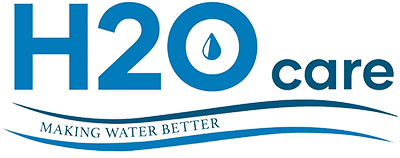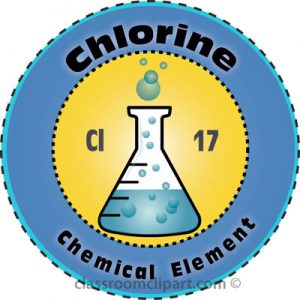Water purification is the process of removing undesirable chemicals, biological contaminants, and suspended solids and gases from water. It may involve fulfilling the requirements of pharmacological, medical, chemical and industrial applications. Further, it may just be to upgrade the drinking water supply. The methods used include physical processes such as sediment or carbon based filtration as well as water softening. Additionally, chemical processes such as flocculation and chlorination and the use of ultraviolet light or ozone are other methods, among others..
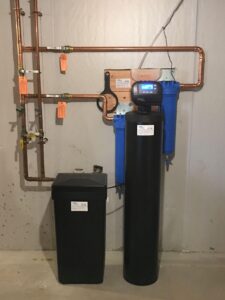
High Efficiency Water Softener
FOR YOUR HOME OR BUSINESS
Water purification systems can be installed for the removal of almost any of the potential water quality concerns you may have. For example, lead is typically removed from drinking water with reverse osmosis or a lead capacity carbon filter. In following, water softeners are typically installed to remove dissolved iron or manganese and hardness minerals (magnesium & calcium) in the water. However, to remove particulate iron or manganese, a properly sized sediment filter is required. Radon or arsenic in the water requires other technologies and systems. Water testing will lead to the right system design & installation.
BAD ODORS & TASTES
Additionally, there are many other types of systems to remove bad tastes & odors and sediment.. For more information on bad odors and tastes in water, see the link at: http:/bad-odor-taste/.
THE AFFECTS OF HARD WATER IN YOUR HOME OR BUSINESS
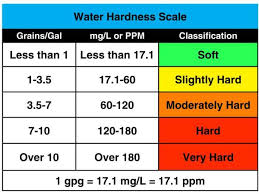
The only way to know how hard your water is by having it tested. There are on-site testing methods that are reliable or you can have a sample taken to a certified laboratory. If you have a private well, there can be a very different hardness level than even the house across the street with a private well. Hard water interferes with many cleaning tasks, from doing the laundry to washing dishes to taking a shower. Washing your hair in hard water may leave it feeling sticky and dull. Dishes and glasses get spotted or streaky and a film may build up on shower doors, bathtubs, sinks and faucets. Clothes can look dingy and feel rough and scratchy. Magnesium and Calcium may have major affects on your home’s plumbing and your ability to clean. (The EPA has no published limits on these).
Scale from hard water can build-up inside water heaters insulating the temperature sensor inside the tank. This creates extra work to bring the temperature up to the set level. In following, this reduces the life of your hot water heater and will likely require early replacement. Also, hard water may cause scale build-up in pipes, The result of this may be lower water pressure throughout the home (see photo below).
HARD WATER, IRON & MANGANESE
The primary hard water minerals are calcium and magnesium (the hardness minerals), while iron and manganese (“The Stainers”) can also be found in water, mostly in private wells. In following, depending on whether the contaminant’s form is in solution or particulate, these contaminants can be removed with a water softener and/or a properly specified sediment filter..
Additionally, if other impurities are confirmed in the water test, they can be removed with other types of water filtration systems. The maximum allowable level (per the Environmental Protection Agency) for iron as a secondary contaminant is .3 parts per million and for manganese is .05 parts per million. Small amounts of these minerals can have very noticeable, even damaging affects on your home’s water quality. For more information about hard water, see the link at water.usgs.gov/edu/hardness.
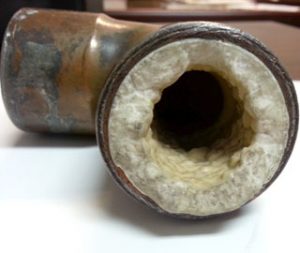
Damaging Scale
In conclusion, any water purification system recommendation should start with a water test before an informed decision can be made. Importantly, call a water treatment professional or a state certified laboratory to determine what type of test.
